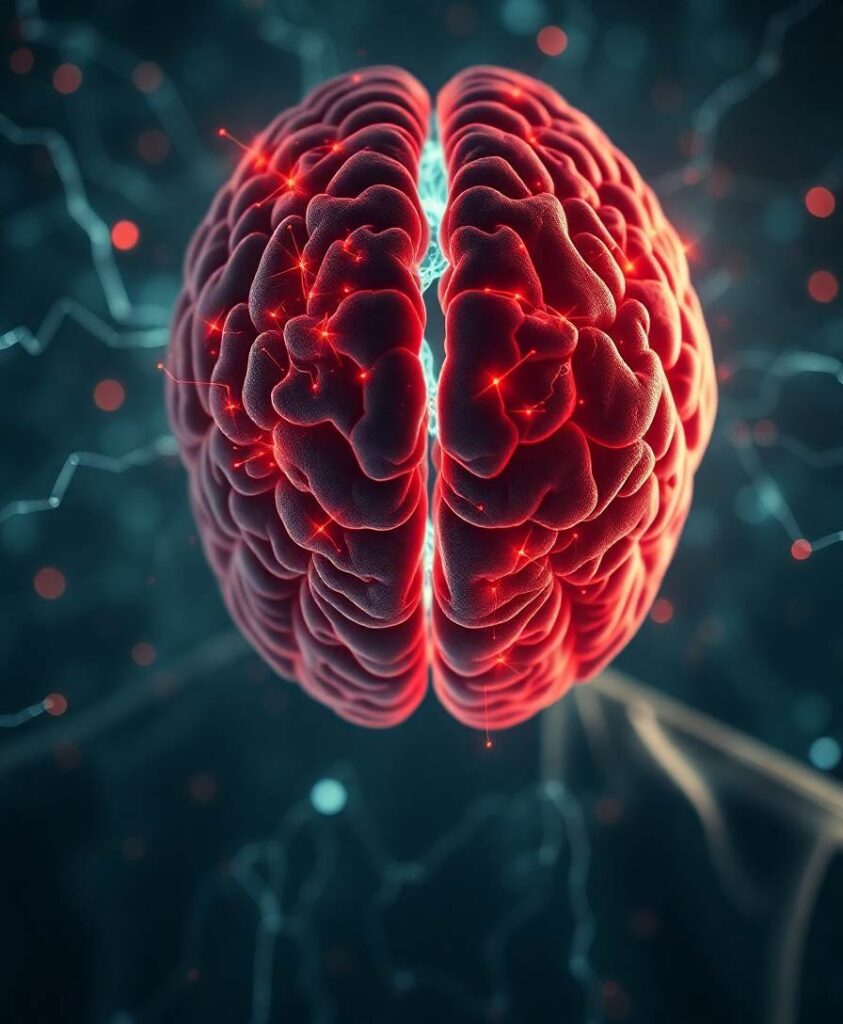There’s a quiet moment when you reach for your coffee mug, only to realize you forgot why you came into the kitchen. The sensation is oddly familiar—like a fleeting shadow passing over your thoughts. You might notice that names, once sharp and familiar, now seem to drift just out of reach. It can be unsettling, this slow drift into forgetfulness, especially when it feels like your mind is slipping through your fingers. Yet, these moments aren’t necessarily signs of an imminent decline; they’re part of a dance our brains perform every day, often whispering that change is on the horizon.
Living with the awareness of how memory works can transform the way we approach these gentle warnings. When you notice yourself forgetting where you put your keys, or struggling to recall a colleague’s name, it’s a chance to tune into your body and mind—feeling the subtle cues and understanding what they might mean. Sometimes, these signs point to the natural ebb and flow of cognitive function, especially if you’re under stress, tired, or overwhelmed. But they can also be early signals that you can influence through small, intentional habits.
What are the early signs of memory decline and how can you respond?
Memory isn’t a static thing—it’s a living process that can be nurtured or neglected. Many people start noticing minor lapses, like misplacing objects more frequently or forgetting appointments, long before more serious issues arise. Recognizing these moments as part of a larger picture helps you feel empowered rather than anxious. The key lies in understanding that your brain is adaptable, and its health is shaped by daily choices.
Engaging in activities that challenge your mind—like learning a new language or playing a musical instrument—can act as mental gym sessions, strengthening neural pathways. Regular physical activity, especially aerobic exercises, has been linked to improved memory and cognitive resilience, helping to keep your mind sharp through age. Eating a balanced diet rich in fruits, vegetables, and healthy fats provides the essential nutrients your brain needs to function optimally.
Beyond these habits, paying attention to your sleep quality is vital. Sleep helps consolidate memories, so a restful night supports your brain’s ability to retain information. Managing stress through mindfulness or meditation can also reduce cognitive fatigue, allowing your mind to stay clear and focused throughout the day. These simple, everyday steps form a protective shield around your memory, making it more resilient against the natural tide of aging or stress.
Living with awareness: turning small changes into a big protective shift

Learning to listen to your body’s subtle signals—those fleeting moments of forgetfulness or confusion—can be a powerful way to maintain mental clarity. When you notice these signs, rather than dismissing them as harmless, consider them as gentle prompts to nurture your brain. It’s about creating a lifestyle that values mental vitality as much as physical health.
Remember, memory is a precious asset, woven into the fabric of your daily life and relationships. Small, consistent steps—staying active, eating well, managing stress, and engaging your mind—can help you preserve this vital part of yourself. This isn’t about avoiding aging altogether but about embracing a proactive approach that keeps your mind resilient and vibrant, day after day.
Living with intention around your cognitive health transforms the fear of forgetfulness into a journey of continual growth. With awareness and small, manageable habits, you can nurture your memory, so it remains a trusted companion in your life’s unfolding story.
Learn More: 6 Tips to Prevent Memory Loss
Abstract: There are days when you feel like you’re losing your mind. You leave your phone at home. You walk into a room without knowing why you’re there. You can’t remember the name of your best friend’s daughter – the one who is getting married next month. But neurologist Dr. Daniel…
Link: Read Full Article (External Site)

